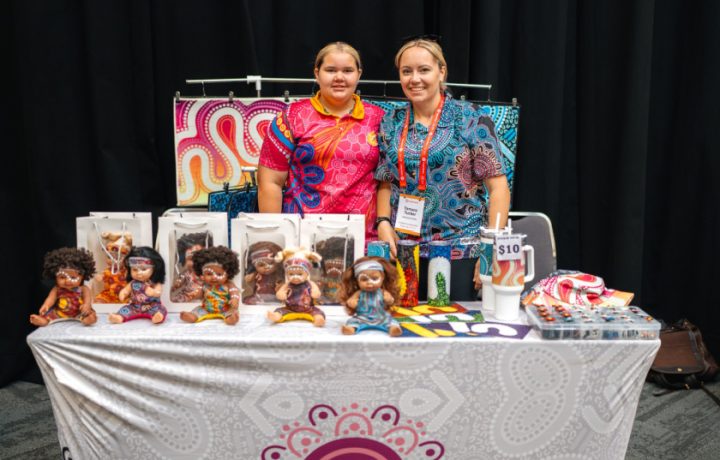Five minutes with Kate Grenville

Posted on
Author Kate Grenville is no stranger to the past.
Exploding into the literary world in 2005 when she published The Secret River – a bestseller based on the story of her convict ancestor, an early settler on the Hawkesbury River – she’s become one of Australia’s most celebrated writers.
Now, more than two decades later, following the defeat of the Voice Referendum, she’s still grappling with what it means to descend from people who were “on the sharp edge of the moving blade that was colonisation”.
Ahead of her Meet the Author event on Tuesday 15 April at the Australian National University, we spent five minutes with her to talk about her new book Unsettled: A Journey Through Time and Place.
Your new book explores what it means to be on land taken from others. What prompted you to undertake this personal pilgrimage at this particular moment in Australia’s history?
I’ve been circling this book for 25 years – since I did the research for my novel The Secret River and learned about the real history of my country, rather than the airbrushed version I’d learned at school. Many of the novels I’ve written since then are attempts to think about what that history means. With Unsettled, I’ve come out from behind the screen of fiction to look at the subject head-on.
How did the defeat of the Voice Referendum influence your approach to writing Unsettled?
The Referendum made me realise how reluctant non-Indigenous Australians are to face our history. With good reason – it’s hard to think about. We’re on land that was stolen, but we didn’t do it, and it was a long time ago. Now that we know how violent that stealing was, what should we do with that knowledge? It’s easier to take the path of least resistance and go on looking away from those hard questions.
In revisiting the places where your family stories happened, what discoveries most surprised or challenged you?
I discovered that one of my forebears was a squatter, rather than – as I’d always thought – a publican. I couldn’t find any details about how he interacted with the Gomeroi people, but I know that squatters were often responsible for some of the worst of the frontier violence. That was confronting, but even more shocking was how I’d carefully not heard the family story that should have told me the truth about him.

How did you approach incorporating First Peoples’ perspectives into this narrative? What challenges did this present?
This was a journey into what it means to be a non-Indigenous Australian – a journey into those hard questions and the self-examination they bring up, and a response to knowing what colonisation meant for the First Peoples. It’s a story about a non-Indigenous person trying to confront our history. Part of that is taking apart the story we tell ourselves about that history – the words we use to veer away from the reality (such as the phrase “taking up” land when what really happened was plain old “taking”.) Non-Indigenous Australians have to sit down with First Peoples and work out a way to go forward with justice, but before that can happen, non-Indigenous Australians have to look ourselves in the eye and own our part in the injustice.
Your book appears to be both a personal journey and a historical exploration. How did you balance these elements in your writing process?
When I started this book, I didn’t plan to publish it – it was something like a journal or a musing-on-the-page. I let myself go wherever my musings led me – sometimes to the facts of history, and sometimes it was watching myself respond to them in a very personal way. The physical journey I took, through the places where the family stories took place, gave those musings a shape. It felt like a kind of pilgrimage – a journey through places, giving a physical shape to an inner journey.
What responsibility do you believe non-Indigenous writers have when addressing Australia’s colonial history?
We have the responsibility to look honestly at what happened in the past, and to face up to the continuing injustice and evasions in the present. Unsettled is a kind of DIY truth-telling, finding a way to look at things it’s hard to look at. I’d hope that all non-Indigenous Australians, not just writers, might take on that challenge for themselves.
Have you found any answers to the question “Now that we know how the taking was done, what do we do with that knowledge?”
The journey in the book ends at the Myall Creek Massacre Memorial. It’s the end of one journey, but also the beginning of another. What we do with our knowledge of the past is, first and foremost, to truly acknowledge it – to tell the truth to ourselves about what happened and what it means for the present. Then the journey towards justice can start.
Feature image: Darren James.

